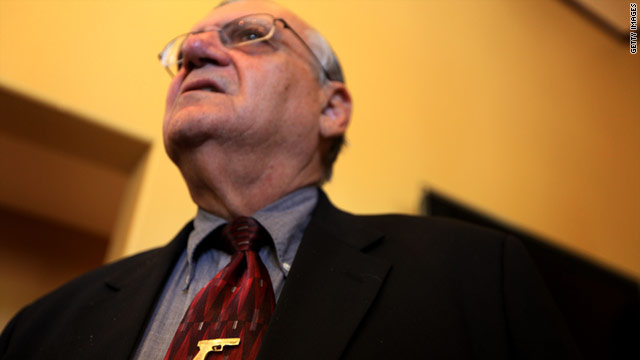RT
Published: 27 March, 2010, 10:18
Edited: 28 May, 2010, 05:51
Edited: 28 May, 2010, 05:51
In parts of India, witch hunting is not merely a dark part of history. It is still happening today.
Assaults are widespread in rural areas, where dozens of women die every year after being accused of witchcraft. Hundreds of others are tortured.
Sushila is a widow in her 60s, and is disabled – her left hand is not fully developed. Yet that didn’t stop men in her village branding her a witch and beating her in public last year.
“They dragged me from my home and said “You are a witch. We’ll remove the evil spirit from you,” Sushila recalls. “They took off my clothes. They pulled my hair and beat me up. They made me drink sewage water.”
Sushila and two other widows, Safina Bibi and Sagrina Bibi, were paraded as witches and thrashed by 15 men. Their public flogging carried on for about an hour.
”They started beating us up, and slapped me hard,” Sagrina Bibi says. “They hit me with slippers. There was a large crowd there but no one came forward to help us.”
Ten years ago, the state of Jharkhand brought in a law against anyone declaring a woman a witch. Yet this has had no effect, with two or three cases taking place every month.
Sanjay Kumar Sahoom, a local journalist, claims that it comes from a lack of education.
“Jharkhand is covered by forests, it’s a tribal area where people aren’t educated,” Sahoom told RT. “There are no medical facilities in the villages, so people don’t get medical treatment. If they fall sick, they go to the local medicine man, who tells them there is someone in your village casting black magic on you.”
Apart from superstitious beliefs, it seems there are occasions when people – especially widows – are targeted for their property. After killing them, the villagers divide the land among themselves.
15-year-old Pinki was orphaned overnight when villagers murdered her parents and her sister in early January. She survived by hiding in the forest.
”The villagers used to call my mother a witch, but she wasn’t one,” Pinki says. “If anybody got sick in the village they accused my parents, and despite my father saying we weren’t to blame, they killed him and my mother and my sister.”
Neighbors everywhere have disputes, but it is in small villages like these that such disputes are ending in women being branded as witches. Unless villagers learn to say no to this practice, no law is going to have any effect on curbing it.
RT’s correspondent in India Karan Singh reports that in most cases there is no way back to society for such women.
“Most of the villagers won’t come up and openly say they support it. And we did ask, and there is this silence along this practice,” Singh said. “In rural India if a child dies, if there is a drought in a village, it’s assumed there is a black magic. And usually the widows or the women who are infertile are assumed to be witches, and they are branded, and they are singled out. And whole village assumes that after that the village will get back to good health.”
Director of the Centre for Social Research, Ranjana Kumari, who is also the President of India's only lobbying organization focused on gender issues, says the witch hunting is caused by lack of education and poverty.
“The problem is because of illiteracy and ignorance… and also the inaccessibility of the health services in the area, and of course, extreme poverty, because… it is traditionally very poor area,” Kumari told RT. “Women are targeted because they are most vulnerable and also they can be easily driven out of the family, of the home, even, to the extreme extent, can be killed. And then, also, of course, whatever property is there… So the core of the whole thing is the economic issue. Whatever belongs to them can be taken and shared.”










 Mladic 'denies Srebrenica role'
Mladic 'denies Srebrenica role'


